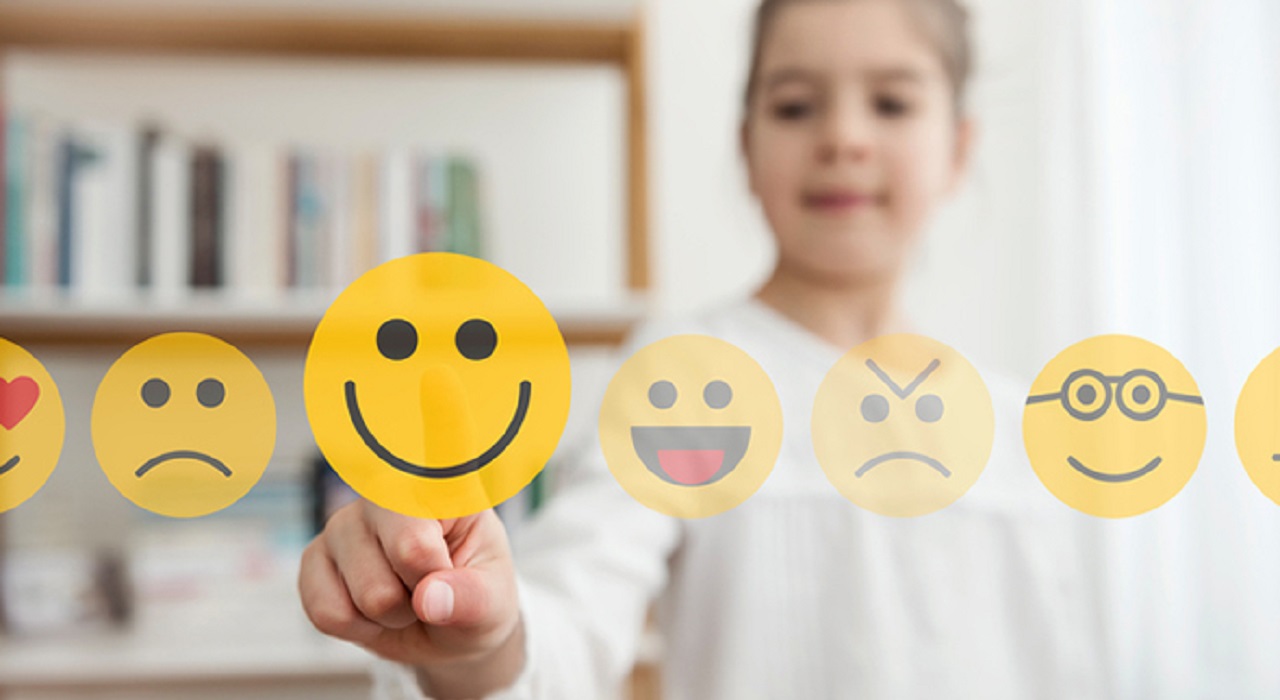Children’s mental health is the foundation for their future well-being. How we support our children’s emotional development affects their ability to overcome difficulties and build healthy relationships later in life. In this article, Baltimore Chronicle will explore the key aspects of children’s mental health and how parents can help their children develop emotionally and socially.
Why Is Mental Health Important for Children?
Children’s mental health not only affects their ability to adapt to external changes, but also impacts their learning, social interactions, and well-being. Children who have a harmonious emotional environment are more successful in school and in life.
Key Signs of Mental Health in Children
- emotional stability
- ability to adapt
- desire to learn and explore
- ability to engage in constructive social interactions
- healthy self-esteem
How to Recognize That a Child Needs Support?
Sometimes emotional difficulties in children are not immediately obvious. They can manifest in certain changes in behavior. It is important to notice these changes in time and provide help for the child.
Signs of Emotional Problems:
- Anxiety and stress — the child becomes nervous and often worried without visible reason.
- Withdrawal or aggression — the child starts avoiding communication or showing excessive aggression.
- Physical health problems — headaches, poor sleep, loss of appetite.
- Learning difficulties — unexpected struggles with learning and lack of motivation.
- Isolation — the child refuses to communicate with friends or relatives.
If you notice these symptoms, it is important to support your child, create a safe atmosphere for emotional expression, and seek help if necessary.
How Can Parents Help Their Children?
Children’s health is not only a medical aspect but also an emotional one. Parents can help their children feel confident and happy through several simple but effective steps.
Tips for Supporting Your Child’s Mental Health:
- Space for communication: Children should feel free to express their feelings, so it is important to create an atmosphere where they can talk openly about their concerns.
- Daily routine: Establishing a stable daily routine helps children feel safe and reduces stress levels.
- Active activities: Joint walks, sports, and physical activity help relieve stress and improve mood.
- Positive home atmosphere: Create a calm and supportive atmosphere at home where your child can feel safe.
- Teaching emotions: Teach your child to recognize and express their feelings, which helps them cope better with difficulties.
How to Help a Child Cope with Emotions?
Emotional literacy is an important component of mental health. Teaching children how to understand, recognize, and manage their emotions can start at an early age.
Methods to Develop Emotional Literacy:
- Reading books and stories: This helps children understand emotions, learn about them, and express their feelings.
- Emotional expression games: Use games and exercises that allow the child to express their emotions.
- Discussing feelings: Discuss your child’s emotions daily, asking them how they feel in different situations.
Why Professional Support Is Important?
Sometimes, emotional difficulties require the intervention of professionals. Psychologists, psychotherapists, and educators can help children develop emotionally and overcome problems.
When to Seek Professional Help:
- If emotional problems persist for more than a few weeks.
- If the child shows aggression or withdrawal without visible reasons.
- If the parents themselves cannot understand or support the child.
- If the child is experiencing traumatic events (e.g., parental separation, loss).
A psychologist can help the child cope with difficult experiences, teach them healthy ways of expressing emotions, and provide support.
Emotional Support as the Key to Mental Health
Children’s mental health depends on many factors, but the most significant influence comes from parental support. By creating a safe and supportive environment, we help children build confidence and maintain emotional balance.
Earlier we wrote about how to safely organize camping for children.

